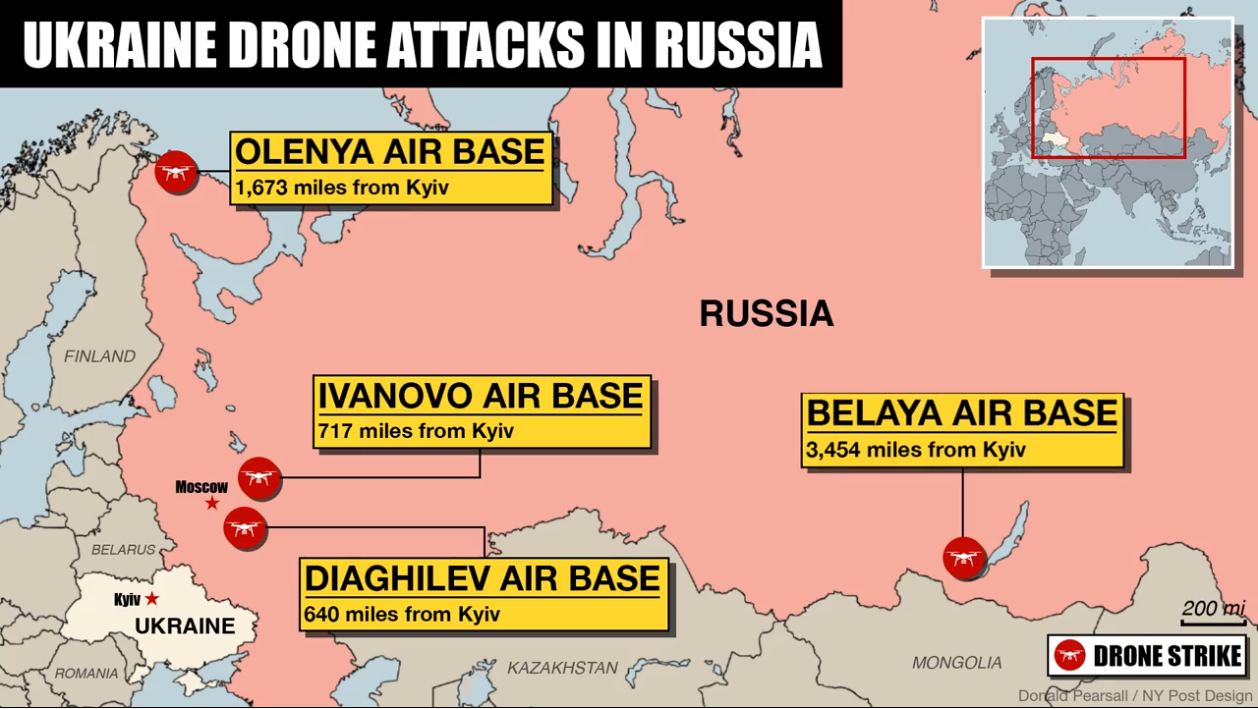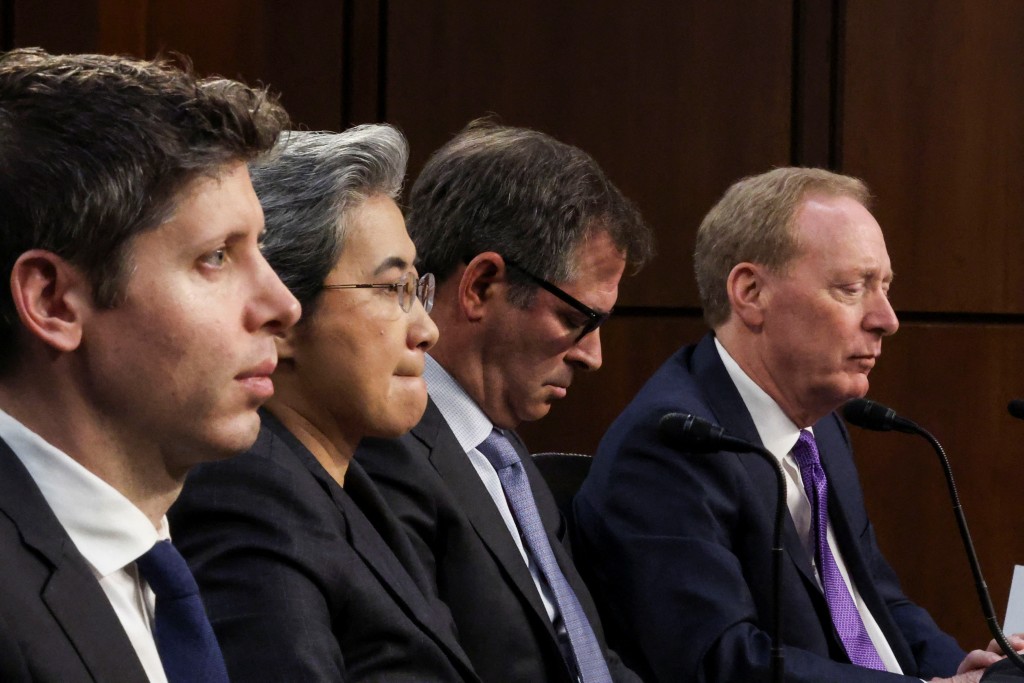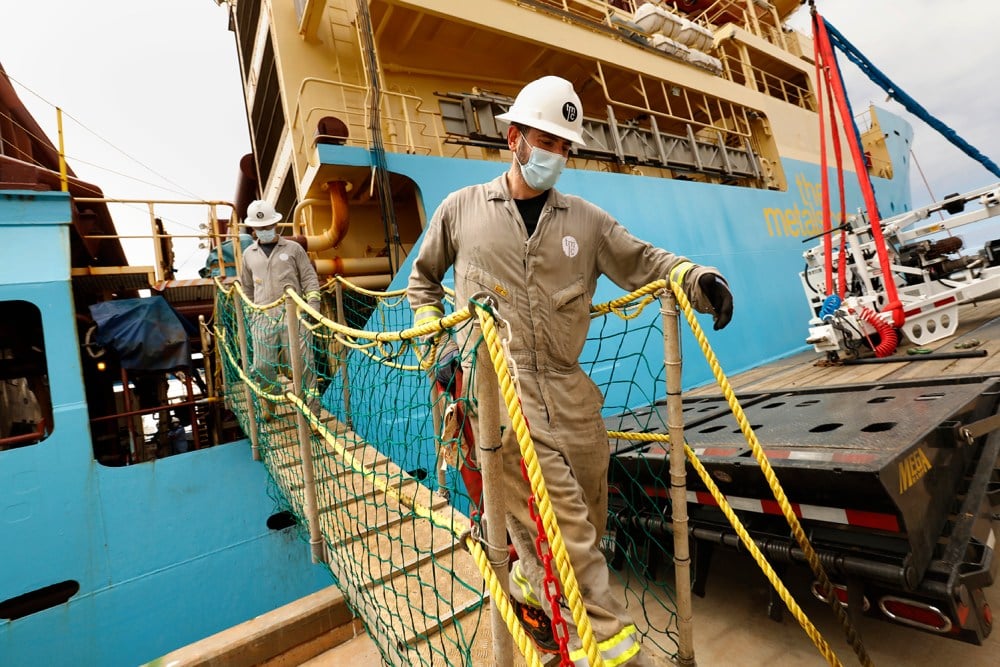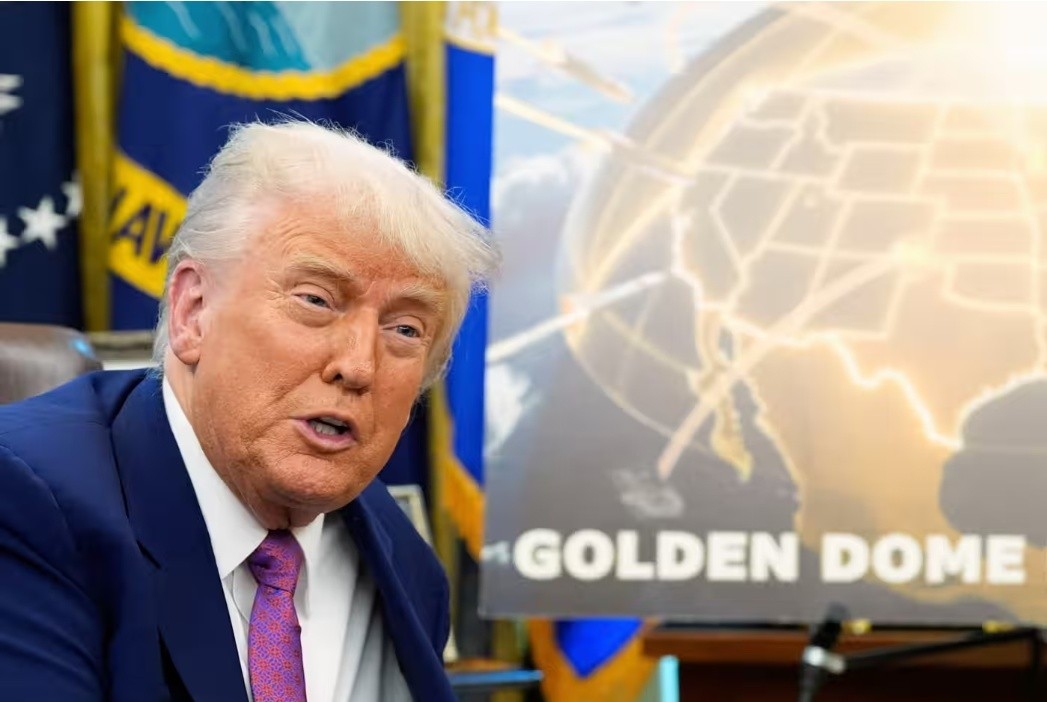
Richard Javad Heydarian, Professorial Chairholder in Geopolitics, Polytechnic University of the Philippines
Jun 05, 2025
2025 has brought swift changes across the Indo-Pacific, and the Philippines’ growing involvement with Trump’s policies and the Taiwan question could prove to be one of the most pivotal factors in the future of the region.

Xiao Bin, Deputy Secretary-general, Center for Shanghai Cooperation Organization Studies, Chinese Association of Social Sciences
Jun 03, 2025
Three major diplomatic challenges have driven a wedge between the United States and Russia in their peace negotiations. Their divergence highlights more than a clash between worldviews. It shows their competition for leadership in the reconstruction of the international order.

Li Yan,, Director of Institute of Sci-Tech and Cyber Security Studies, China Institutes of Contemporary International Relations
Fan Xiaoying, Research Fellow at Institute of Sci-Tech and Cyber Security Studies, China Institutes of Contemporary International Relations
Jun 03, 2025
China-U.S. competition in the realm of artificial intelligence boils down to development ability. The advantages of the United States are no longer secure. What matters is who will lead sustainably in the future.

Nong Hong, Executive Director, Institute for China-America Studies; Senior Fellow, Beijing Club for International Dialogue
Jun 02, 2025
The trajectory of deep-sea mining remains uncertain. The U.S. and China represent opposite ends of the governance spectrum — one unilateral and rapid, the other multilateral and cautious. Whether these paths will converge or remain in tension is unclear.

Guo Xiaobing, Director of the Center for Arms Control Studies, China Institutes of Contemporary International Relations
Jun 02, 2025
It has been described it as strategically meaningless, technically meaningless and economically meaningless. Yet this defense system could lead the world into conflict by destabilizing global strategic forces.

Fan Gaoyue, Guest Professor at Sichuan University, Former Chief Specialist at PLA Academy of Military Science
May 30, 2025
Under America’s national security strategy of great power competition and its national defense strategy of integrated deterrence, the U.S. military last year moved from the idea of “winning the nation’s wars” to “outcompeting China.”

Sebastian Contin Trillo-Figueroa, Geopolitics Analyst in EU-Asia Relations and AsiaGlobal Fellow, The University of Hong Kong
May 09, 2025
India presents itself as a global leader and representative of the Global South, yet this contradicts its troubled relationships with immediate neighbors. Western powers overlook that because they view India as a counterbalance to China rather than scrutinizing its regional conduct and democratic backsliding.
Joseph S. Nye, Professor, Harvard University
May 02, 2025
Eight decades have passed since the energy contained within an atom was used in warfare. Yet rather than suffering nuclear Armageddon, the world has achieved a surprising nuclear stability – so far. Equally remarkable, while nuclear technology has spread to many countries, only a small fraction have chosen to use it to develop weapons. The world has benefited from an effective nonproliferation regime, a set of rules, norms, and institutions that have discouraged – albeit haltingly and imperfectly – nuclear proliferation. But can it survive an era of rapid geopolitical shifts?
Xiao Bin, Deputy Secretary-general, Center for Shanghai Cooperation Organization Studies, Chinese Association of Social Sciences
Apr 18, 2025
China and Russia have different narratives in describing the anti-fascist victory that ended World War II. Both nations made immense sacrifices that fundamentally shaped postwar reconstruction and reshaped global governance. So why do they continue to grapple?

Xiao Qian, Deputy Director, Center for International Security and Strategy at Tsinghua University
Apr 14, 2025
Yes, they can. As the world’s two major powers in AI technology, the U.S. and China must work together to build capacity, contribute to AI for developing countries, bridge the digital divide and help achieve the United Nations Sustainable Development Goals.
Back to Top

- China-US Focus builds trust and understanding between the U.S. and China through open dialogue among thought leaders.
- Our Offerings
- Topics
- Videos
- Podcasts
- Columnists
- Research Reports
- Focus Digest
- Stay Connected
-
Thanks for signing up!
- Get the latest stories from China-US Focus weekly.